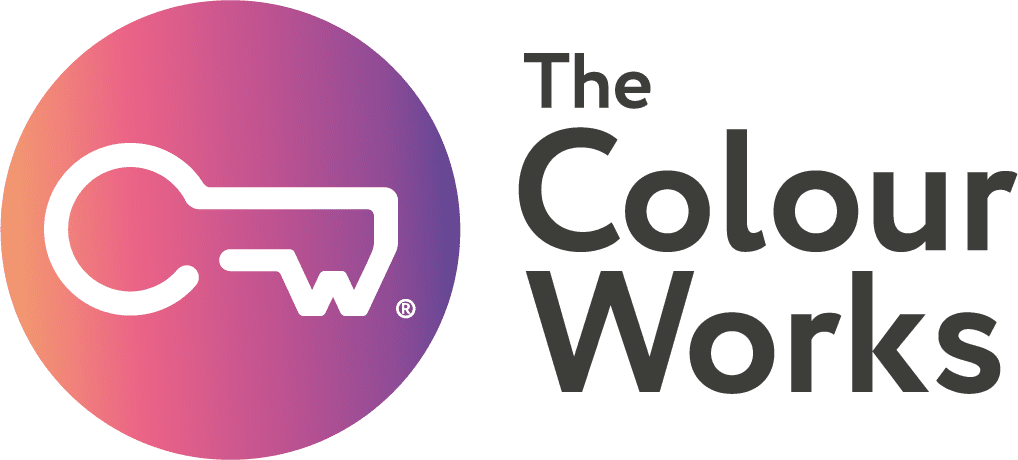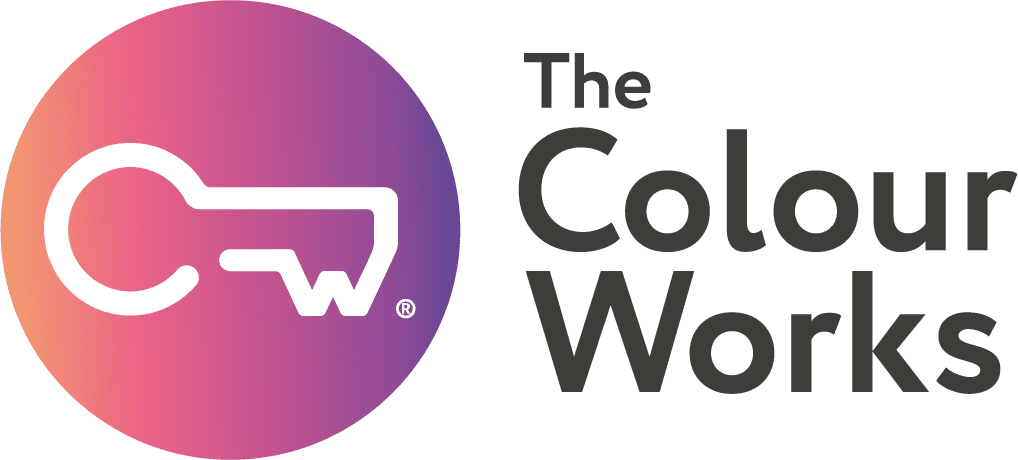Why not view our solutions on workplace culture today?
Fact: The average age of retirement in the UK is approximately 65
Staff retention is suffering. With the workplace looking like a combo of reading glasses and wireless headphones, the struggle of managing the younger crowd, and keeping them, is hardly surprising.
I work with teens and young adults educationally and psychologically. Here are three pointers that will improve engagement and retention of millennials in the workplace.
-
Stop moaning, start accepting
Bottom Line: Different generations offer different things. So long as you view this as a problem, you are crippling your own progress.
- The good news is millennials won’t be as concerned about your differences as you are! They grew up in the most tolerant time yet… schools have to teach diversity, tolerance and equality to remain open.
- Being open to age diversity is not just politically-correct, but leads to more successful companies.
- Employee diversity has been empirically proven to strengthen organisations, if managed correctly, increasing innovation, productivity, quality, better problem-solving skills and better customer service through more diverse skills and experiences[1][2].
- The McKinsey report in 2015 on 366 public companies showed that those with higher levels of diversity in management had significantly higher financial return than their industry mean[3].
- Recognise the generational differences, be excited about them, embrace them!
- Why? Because diversity breeds better results. Simple.
Disclaimer: Diversity doesn’t mean anything goes. Maintain your core values and standards, work is not a free for all.
-
It’s not a hotel, but be accommodating
Bottom Line: Kids nowadays live in a very different world. These kids become your employees.
- Children have more rights today than ever before[4] and have been given a voice where they may not have had one previously. It’s hardly surprising that The Wall Street Journal (2008) reported millennials as having a greater sense of entitlement than older workers.[5]
- Twenge and Campbell write of ‘The Narcissism Epidemic’, accusing millennials of inflated self-importance[6].
- Millennials have been found to post more selfies than any other generation: ‘The Selfie Generation’[7] and ‘Generation Me’[8], which also related to narcissistic characteristics.[9]
- Entering the working world, where they are expected to fit in to what already exists and meet a very different set of needs, can be a shock to the system.
- Rejecting the benefits of diversity and refusing millennials, or anyone for that matter, the opportunity to question the way things work won’t stand you in good stead. They will be unhappy. And they will leave.
- Structure is important, but a democratic workplace improves engagement[10].
- Have a feedback box, a workplace council, opportunities to share thoughts with the senior team.
- Gestures of flexibility mean a lot, such as working from home requests… Remote access goes a long way (around the world in fact). One study found that flexible work schedules can lead to increased productivity by about 10%[11].
Disclaimer: Democratic management doesn’t mean no management. There is a difference between democracy and chaos.
-
Social media and communication. And more communication. And more.
Bottom Line: more millennials than admit it are addicted to social media[12].
- As part of the social media generation, millennials are used to ongoing, instant and interactive feedback.
- Forbes reports face-to-face communication can be daunting as it is something they are not used to[13] (all you have to do nowadays is swipe right for a date!)
- Accept that communication has changed. Abbreviations are not rude. Formalities like ‘Dear’ and ‘Kind regards’ are not the norm.
- I hear senior colleagues frustrated by emails they consider rude and full of acronyms they need to google!
- Consider careful training for the development of appropriate workplace communication.
- Social media releases dopamine, an addictive chemical associated with pleasure, also released when gambling, smoking, drinking… and hugging[14]!
- Monthly appraisals just won’t give the buzz they are used to and so work quickly becomes a drag!
- Maintain an ongoing thread of open communication. Carefully-tailored, regular feedback needs to be a part of management and can make all the difference to staff value and retention.
Disclaimer: This does not mean you should start gambling, smoking, drinking, or hugging, your colleagues/employees!
Despite their alleged entitlement and inability to communicate properly, some of the current millennial CEOs have earned more money before the age of 35 than most would consider possible… Pinterest, Instagram, Dropbox, Airbnb, Facebook were all founded, or co-founded, by millennials. Surely this is a bunch you can work with!?
If you want to change engagement and retention of millennials at work… stop doing the same thing over and over. Implement change.
“The definition of insanity is doing the same thing over and over again, but expecting different results.”
Albert Einstein
[1] The Difference: How the Power of Diversity Creates Better Groups, Firms, Schools, and Societies. By Scott E. Page. Princeton: Princeton University Press, 2007. 448p
[2] Why Diverse Teams Are Smarter, D. Rock & H. Grant.
[3] January 2015 Mc Kinsey: Why diversity matters, V. Hunt, D. Layton & S. Prince.
[4] https://www.unicef.org/rightsite/files/uncrcchilldfriendlylanguage.pdf
[5] https://www.wsj.com/articles/SB122455219391652725
[6] The Narcissism Epidemic: Living in the Age of Entitlement(J. Twenge PH.D.)
[7] The Selfie Generation: How Our Self-Images Are Changing Our Notions of Privacy, Sex, Consent, and Culture. A. Eler.
[8] Generation Me: Why Today’s Young Americans Are More Confident, Assertive, Entitled-And More Miserable Than Ever Before. J. Twenge.
[9] Journal Article: Selfie: enjoyment or addiction? (R. Kela, N. Khan, R. Saraswat & B. Amin) Journal of Medical Science and Clinical Research. Vol. 5, Issue 1.
[10] JOURNAL ARTICLE: Creating a Just and Democratic Workplace: More Engagement, Less Hierarchy, (J.Rothschild). Contemporary Sociology. Vol. 29, No. 1, Utopian Visions: Engaged Sociologies for the 21st Century (Jan., 2000), pp. 195-213
[11] Flexible Work Hours and Productivity: Some Evidence from the Pharmaceutical Industry (E. Shepard, T. Clifton & D.Kruse).
[12] Journal Article: Online Social Networking and Addiction—A Review of the Psychological Literature. (D. Kuss & M. Griffiths). Int. J. Environ. Res. Public Health 2011, 8(9), 3528-3552
[13] Millennials Are Struggling With Face To Face Communication: Here’s Why, A. Agrawal. Found at: https://www.forbes.com/sites/ajagrawal/2017/05/04/millennials-are-struggling-with-face-to-face-communication-heres-why/#7257e7d826e8
[14] https://www.ama.org/publications/MarketingNews/Pages/feeding-the-addiction.aspx
Related Articles
Hybrid Working – Good News, Bad News? Who Can Say?! based on research conducted in July 2021
Background At The Colour Works we support a network of over 170 Learning and Development specialists known as Client Practitioners …
Read MoreCoaching – It’s A Question Of Time
A few days ago I accidently came across an online clip of a discussion between Bill Gates, founder of Microsoft, …
Read MoreDoes Remote Working Create A Silo Mentality?
Now that we have a multitude of tools at our fingertips, all designed to improve the productivity of remote teams, …
Read More






